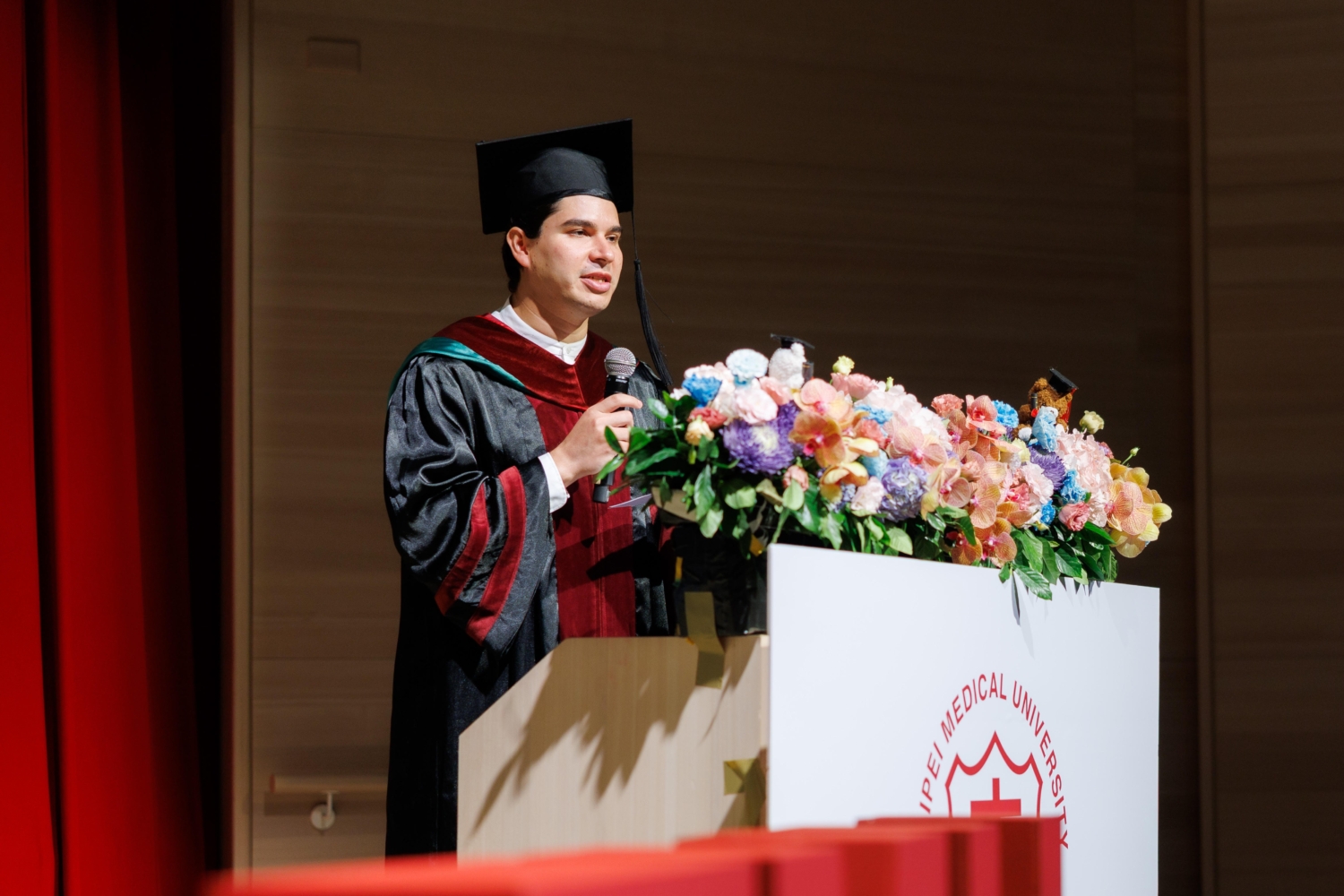“Innovation requires more than just specialised engineering or design talents,” says Thera Chiu, an associate professor in the Center for General Education at Taipei Medical University. The knowledge economy and ever-changing digital technologies have impacted traditional production and business models, and education needs to adapt to the changing era.
This is why Taiwan’s Ministry of Education places design thinking at the heart of its Miaopu programme. Design thinking “focuses on human needs, with processes including empathy, define, ideate, prototype and test”, she says. The programme, known as Miaopu, which means sapling, in Chinese, aims to foster interdisciplinary talent through design thinking, innovation, and entrepreneurial spirit.
“It emphasises a human-centric approach to problem-solving, encouraging collaboration across different fields and seeking to bridge the gap between higher education and industrial transformation,” Chiu says.
Taipei Medical University (TMU) has been involved with the programme since its inception eight years ago, participating in all five phases of the Sapling Project. TMU is a leading private university in Taiwan, renowned for its strong focus on medicine, health sciences and biomedical innovation. Since its founding in 1960, TMU has grown into a comprehensive university with 11 colleges and more than 6,000 students from more than 40 countries.
Since the university became involved in the Miao Pu programme, it has guided “more than 4,000 first-year students in designing their own university learning journeys and provided design-thinking workshop experiences to more than 3,000 students,” Chiu says. More than 10 of its faculty members have been certified by the Ministry of Education as official coaches.
The benefits of the programme extend beyond the university. “The Sapling Project has now evolved into a methodology that supports other Ministry of Education initiatives, making it a truly unique programme,” Chiu says.
Teacher development is a starting point, she says: “It begins with cross-disciplinary teaching collaboration among faculty members, which then extends to cross-disciplinary learning among students.”
Cross-disciplinary collaboration is vital because it directly responds to the demands of a rapidly evolving world. “A core objective is to cultivate individuals who can collaborate effectively across different fields,” she says. “This is seen as crucial for developing innovative solutions and addressing the complexities of future society.”
Chiu’s own research focuses on identifying the factors that contribute to success in interdisciplinary education. She says that there are two critical factors: students’ self-understanding and their ability to collaborate in teams. While there is a great deal of research highlighting the importance of collaboration, there’s a lack of concrete steps for educators to follow. “Our team has developed a structured and effective set of guidance strategies for fostering team collaboration, which has proven to be successful and is supported by empirical research,” she says.
As the only university that has contributed to all of the programme’s phases, TMU will continue to adopt design thinking as a guiding methodology. “It will help students to design their life paths, root medical education in empathy and promote team collaboration,” Chiu says. “Our next vision for this project is to empower students to identify and solve real-world problems through teamwork and empathy, ultimately becoming the kind of future-ready talent needed by society.”
Look for More Information
Original Article: https://oge.tmu.edu.tw/design-thinking-creates-future-ready-graduates/













